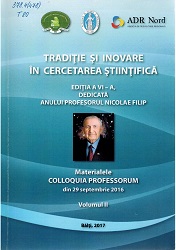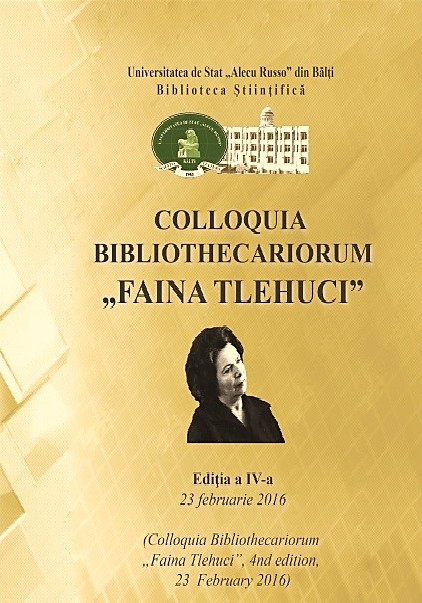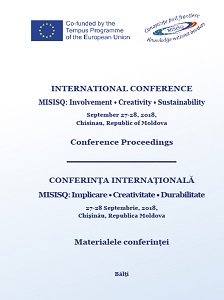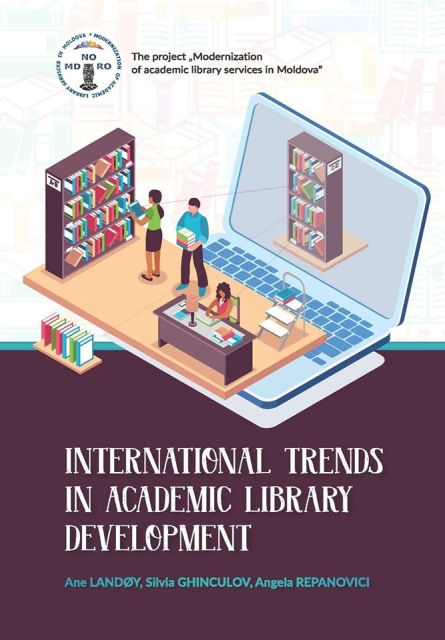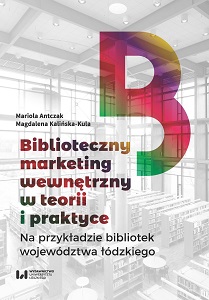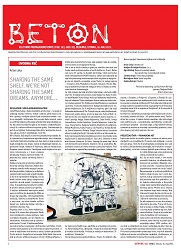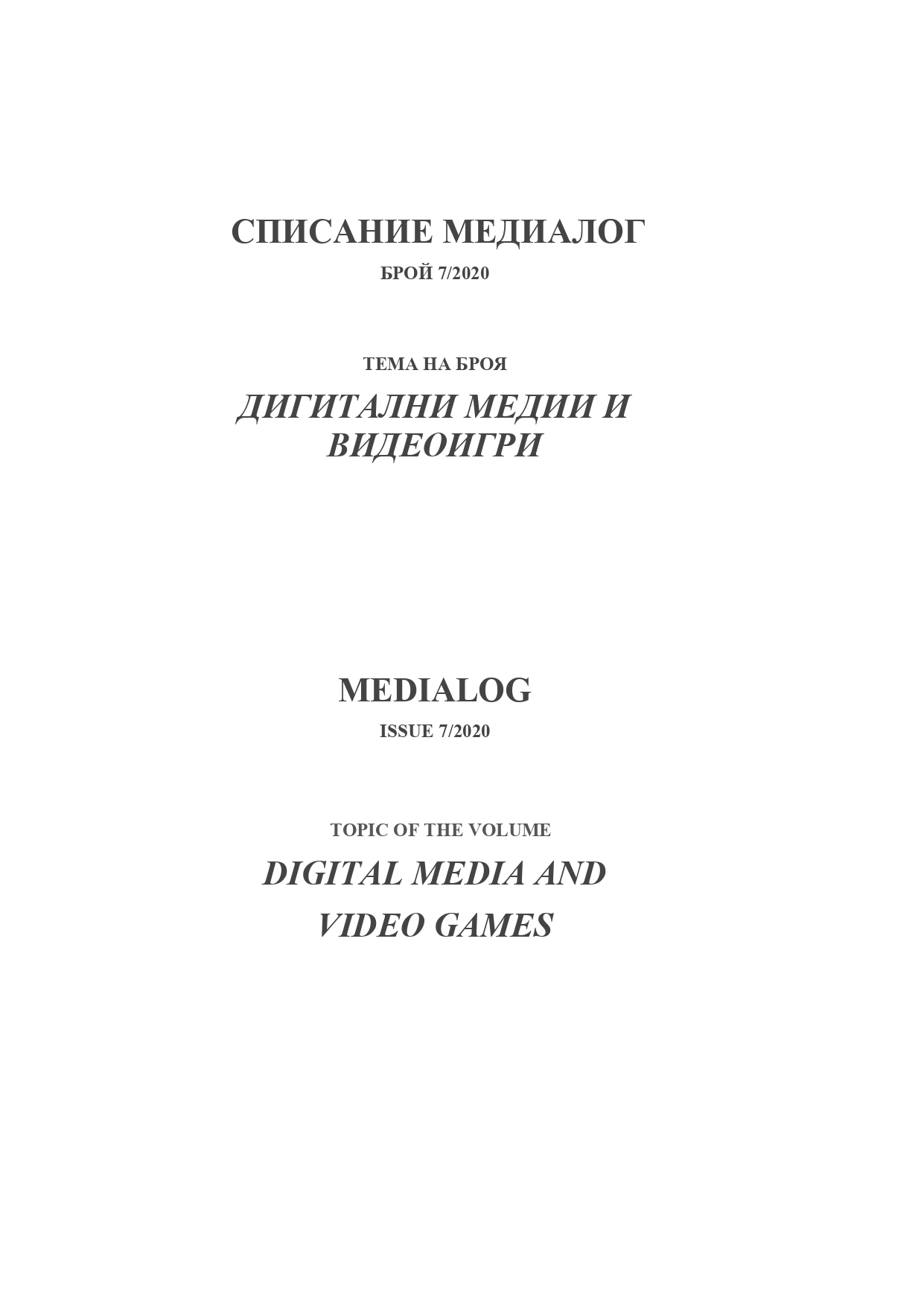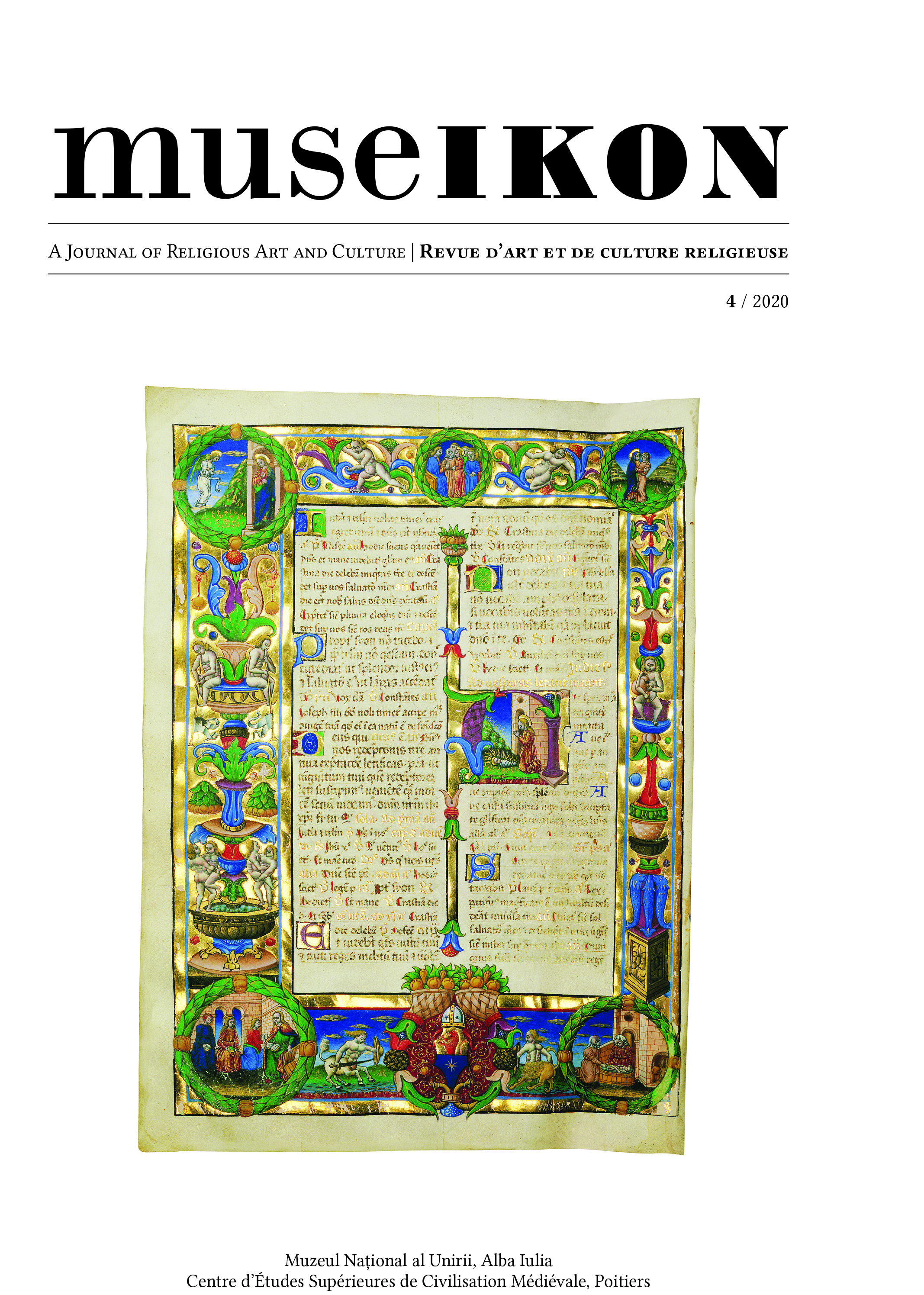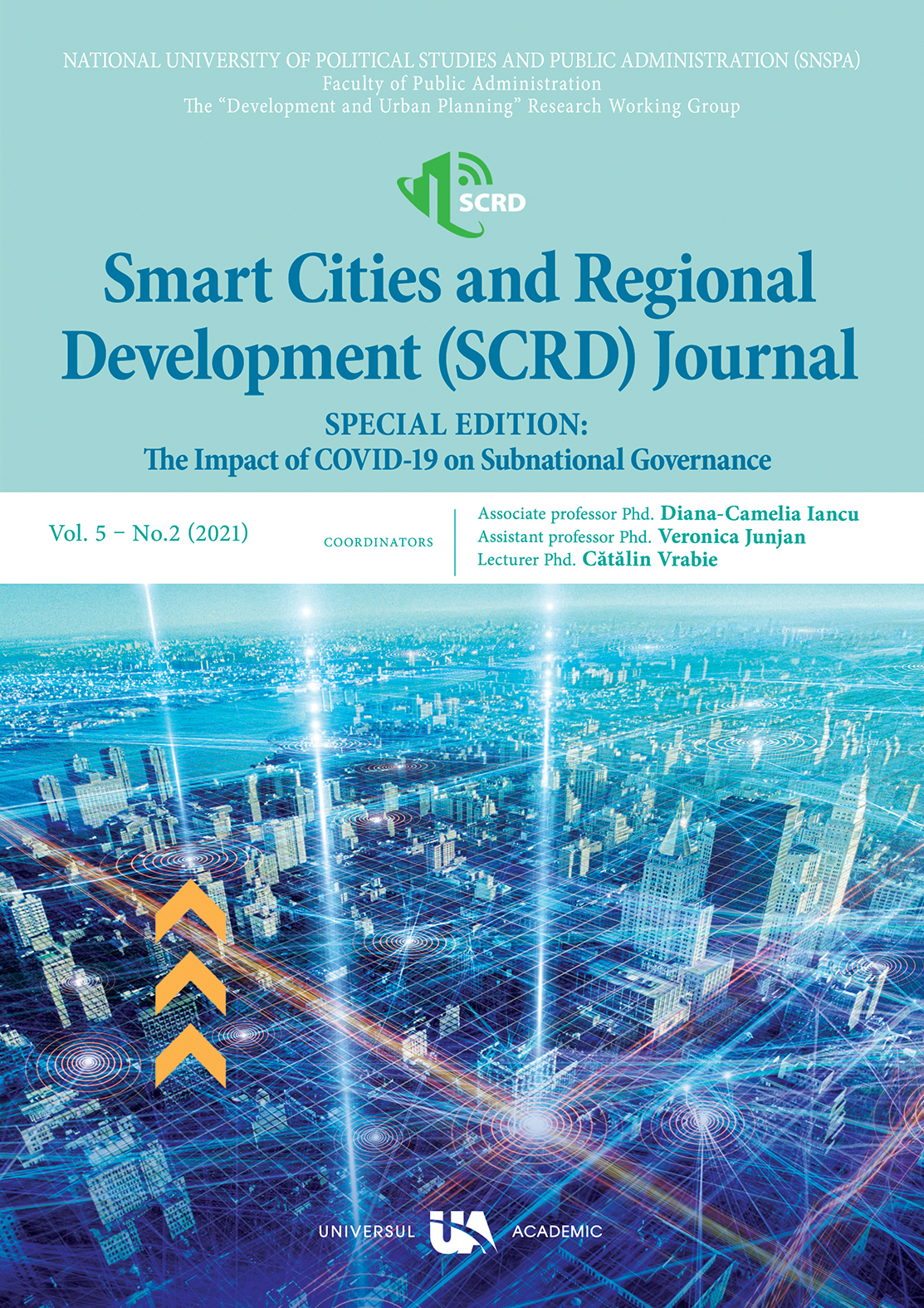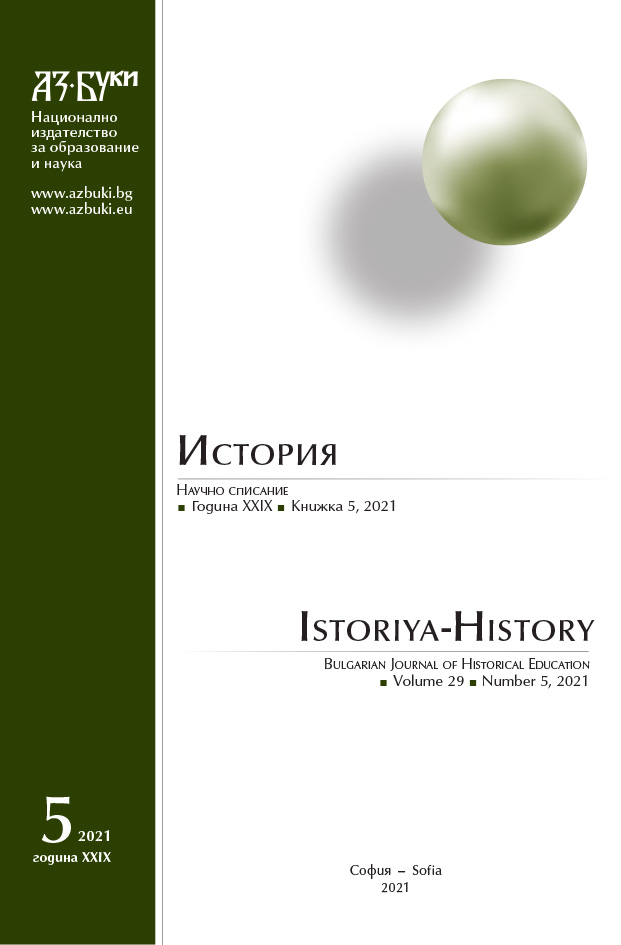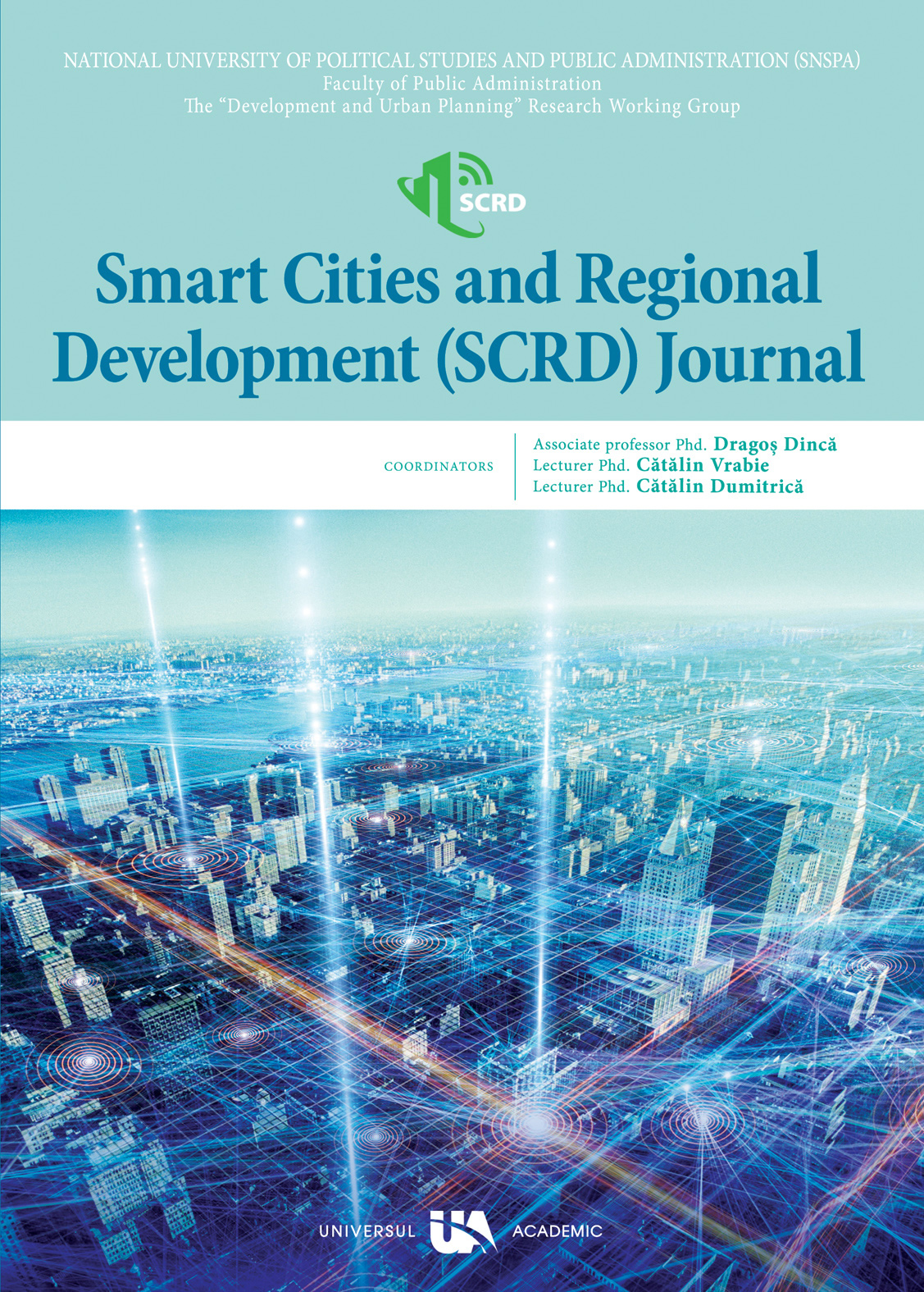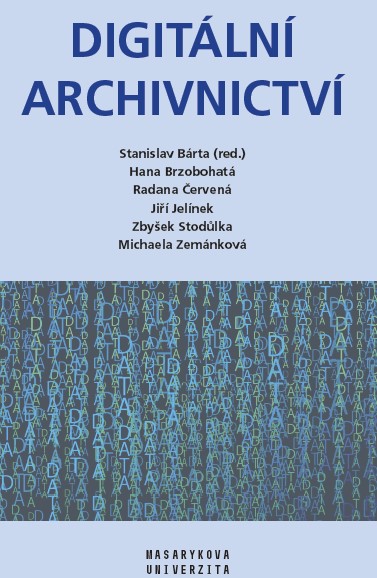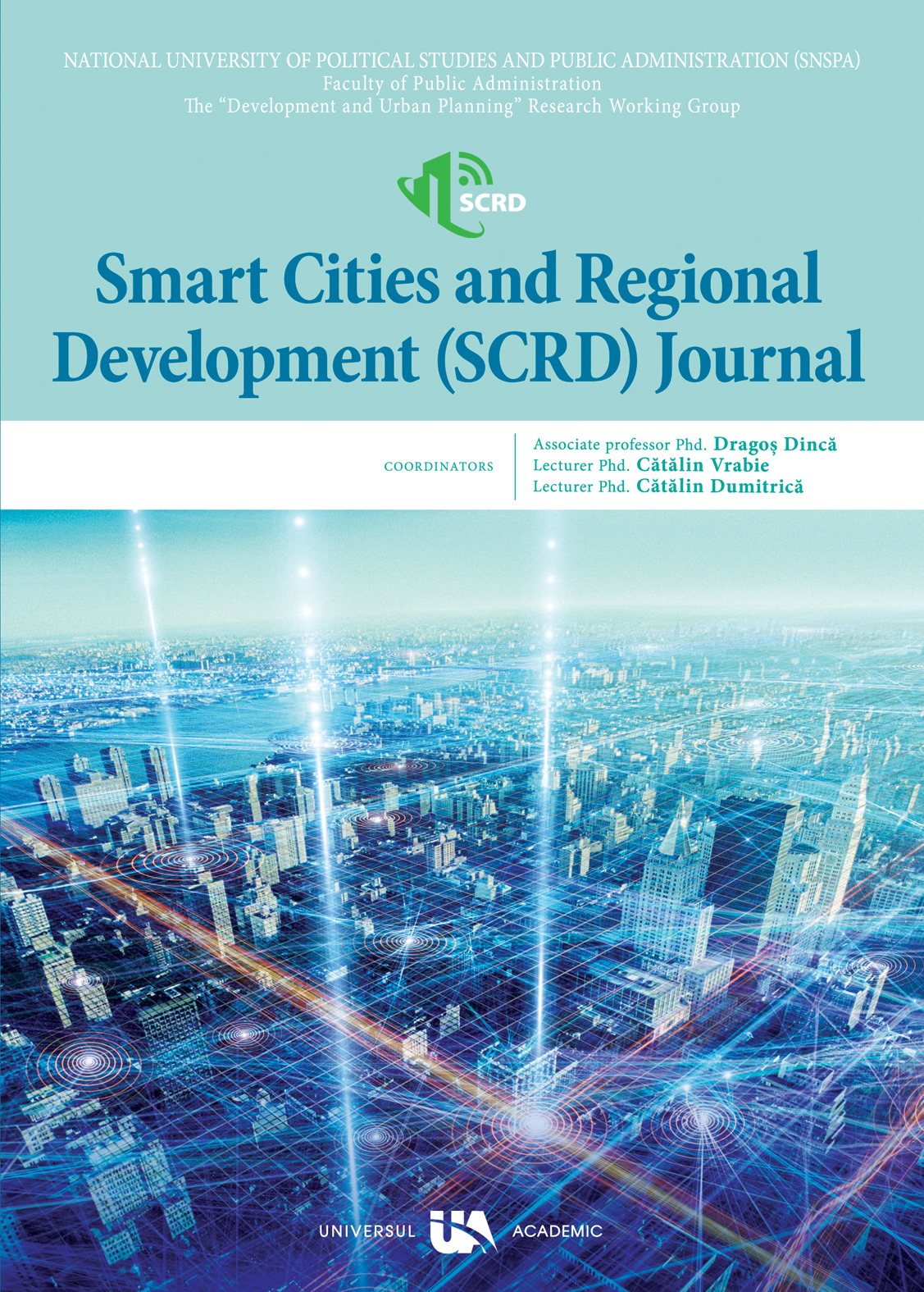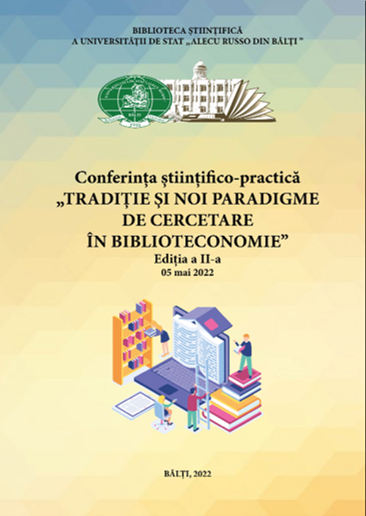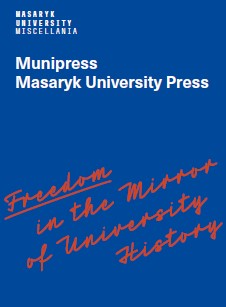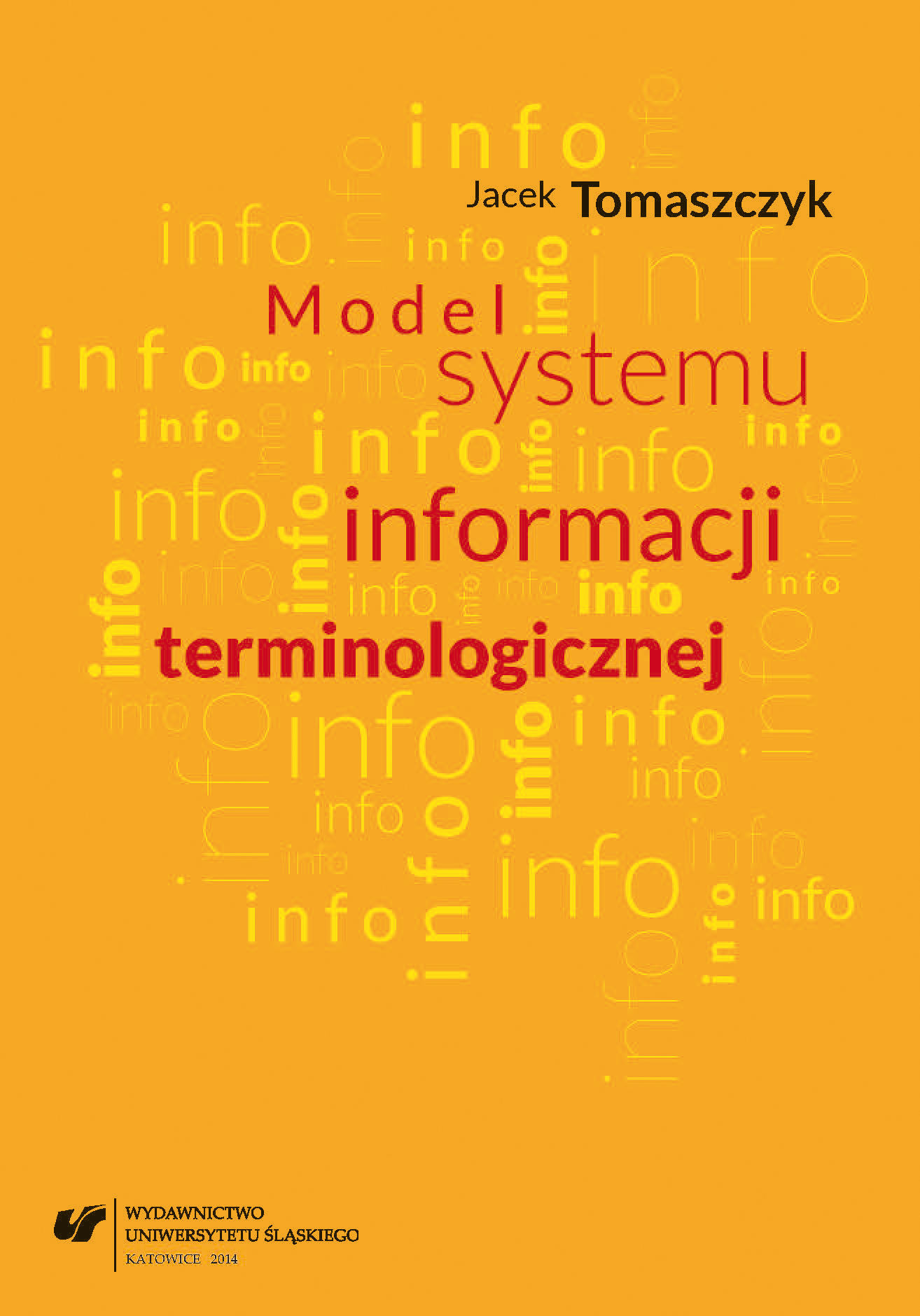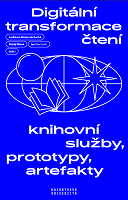Author(s): Jacek Tomaszczyk / Language(s): Polish
Within science and technology, specialist language is a basic cognitive and communication tool, whose constitutive element lies in its terminology. Specialist vocabulary is an object of interest to researchers in many areas of study, for a well-ordered, coherent set of terms and definitions makes a considerable impact upon the development of each discipline of study. Terminology is also a part of the interdisciplinary research that aims to broaden one’s knowledge of terms and concepts representing them in different aspects, such as linguistic, cognitive, and socio-cultural in addition to technical ones which are predominantly related to the organization of terminological databases and providing access to them.Free and easy access to well-organized terminological databases enables multidisciplinary and multilingual communication (scientific, technical, business). This access facilitates the creation of linguistic information databases, which is essential to building effective tools of automatic analysis and indexing specialist titles as well as intelligent searching for information on the Internet.The purpose of the reflections and analyses presented in this book is to propose an original, nationwide, multidisciplinary model of the information terminology system that would allow for solving current problems of organization and access to terminology as well as information related to terminological activities. Among the more important characteristics of the model would be: multidisciplinary and complex information that determines terms and concepts, high functionality and flexibility, and an openness to users’ changing needs. As far as scientific and practical points of view are concerned, this model is designed in such a way that elements of different terminological and linguistic theories along with author’s concepts meet together (e.g. multiple definitions of particular terms, a variety of definition types, synchronic-diachronic approach, descriptive-prescriptive function, proper names inclusion, storage of bibliographic and factual information related to terminological activities and the application of topic maps to represent, store, and provide access to information terminology).In order to achieve this goal, qualitative research methods have been applied. An analysis of written materials from the fields of information science, terminology and terminography have been done, which allowed for introducing the hitherto theoretical models of terminology. The analysis mainly focused on assumptions, characteristics and functions of the models so as to identify their advantages and disadvantages in linguistic, cognitive and communicational aspects. Furthermore, content analysis has been used to research both Polish and international terminology web services, which led to obtaining answers regarding the extent to which they include the theoretical assumptions of the existing models of terminology.While gathering information on the subject of the implementation of international terminological projects a free-form technique has been applied. The collected information made itpossible to delineate weak points of the existing models of terminological data. The data alsoenabled us to determine the functionality of the current models of access to terminology as wellas to unveil potential reasons for a lack of a well-coordinated, nationwide terminological activityin Poland. Knowledge gained on the basis of the above data paved the way for proposing a newmodel for a national system of terminology information which reduces the problems noticed interminology management.The book is comprised of a preface, three chapters and a conclusion. Chapter one is dividedinto three subchapters that present issues concerned with information, terminology, andterminology information. Subchapter one illustrates different approaches to information and itsimportance in organized structures. Subchapter two explains the nature of concepts and terms,as well as the status of terminology, focusing on: determination of the scope of terminologicalactivity, illustrating major terminological theories, describing the application of terminology inspecialist communication, translations and information-retrieval languages. Subchapter threeprovides a definition of information terminology, its characteristics, role and significance. It alsodescribes sources and users of terminology information.Chapter two begins by going over the problems of terminology information, that is: poorquality of lexical resources, fragmentation and dissemination of sources, and difficulties in accessingterminology databases. Following this, chapter two proceeds to discuss technical issuesrelated to organization and accessibility of terminology information. A meta-model and a formatfor exchanging terminological data has been presented and apart from that also a project for theSemantic Network and its most important components. Special focus is placed on one of theconcepts of Semantic Network implementation, namely topic maps which have been proposed tomanage terminology information.Chapter three aims to present the author’s model of terminology information. It providesa depiction of its assumptions and characteristics at all levels: (1) microstructure which encompassesthe elements related to the ways of information organization in entries (records);(2) macrostructure which includes, among other things, the thematic scope of the system, orderof entries, documentation, and software; (3) infrastructure such as institutions, organizations,companies, and specialists involved in building and providing access to terminological resourceswithin the system as well as technical equipment (appliances, networks), rules and proceduresused in terminological activity.The subject of terminology information has been taken up due to the significant role ofterminology in specialist communication, information processing, and in knowledge representationand transfer that overcomes systemic, disciplinary, linguistic, and also cultural barriers.The formation of the open terminology information system in Poland will certainly enablecomprehensive access to updated and complete terminology of many disciplines and businesses.What is more, it will contribute to raising social awareness of the role of terminology in science,technology, and social life, and thus it will enrich language culture.
More...


